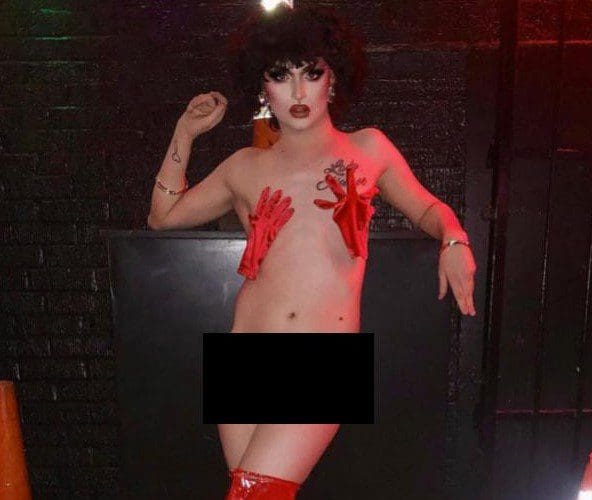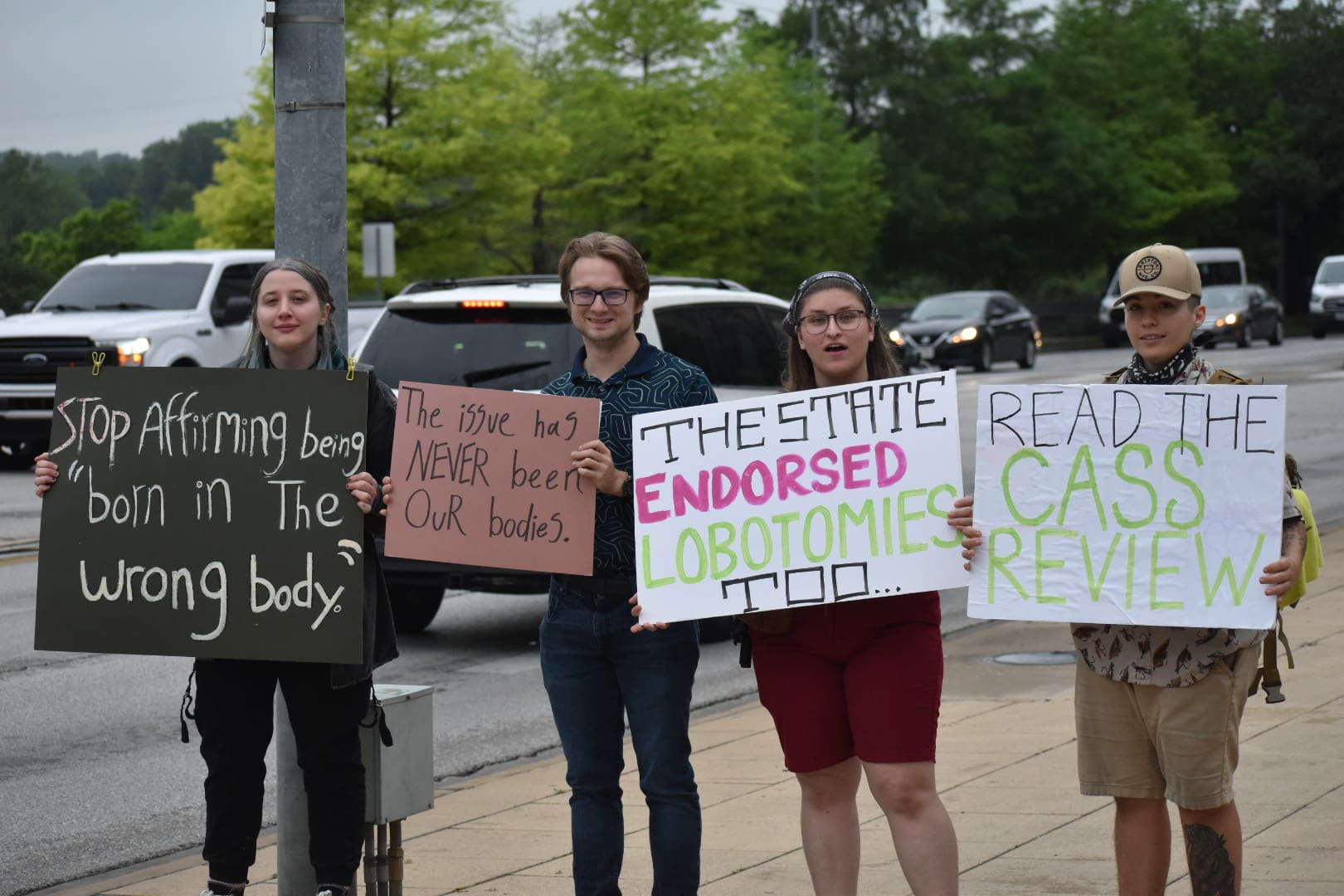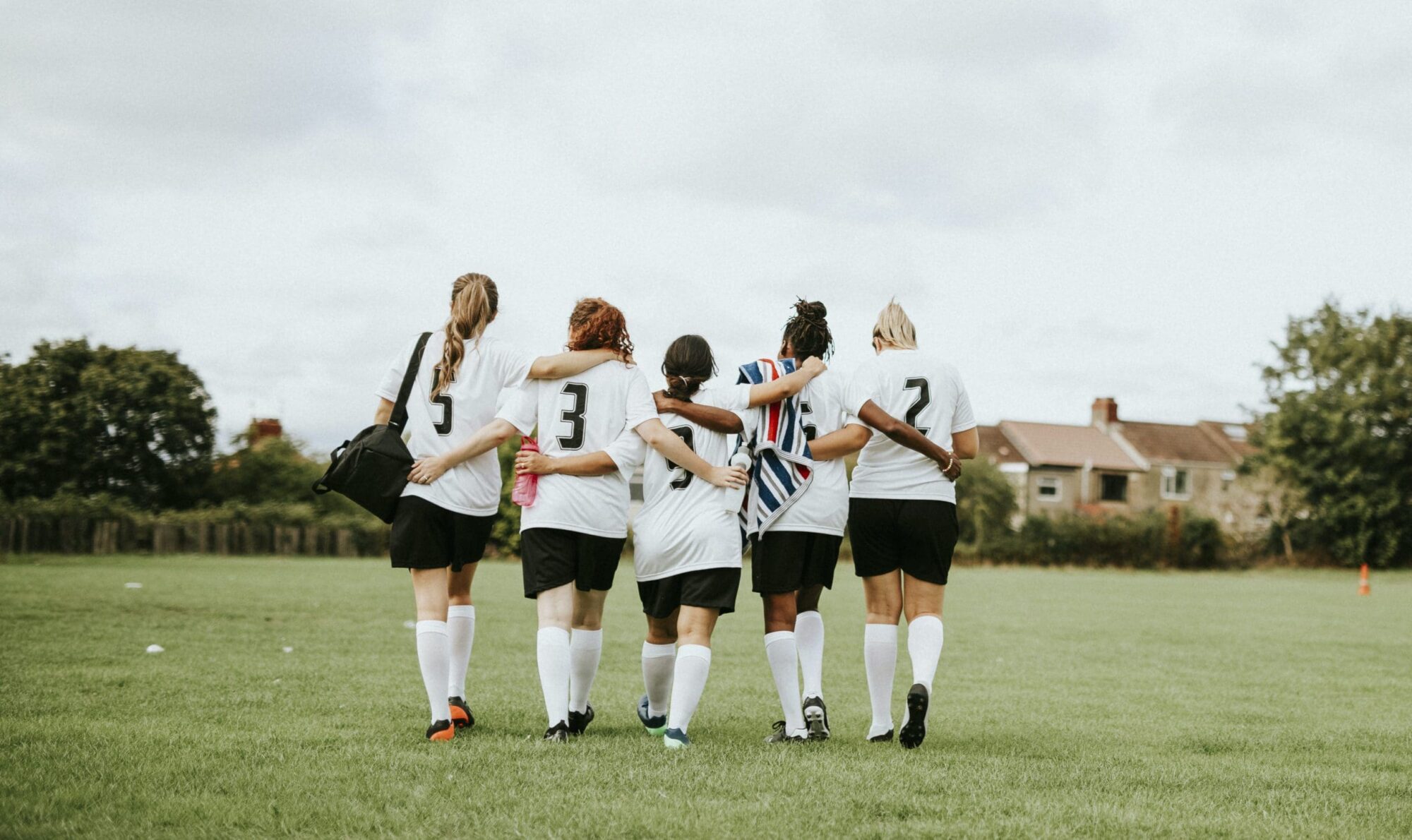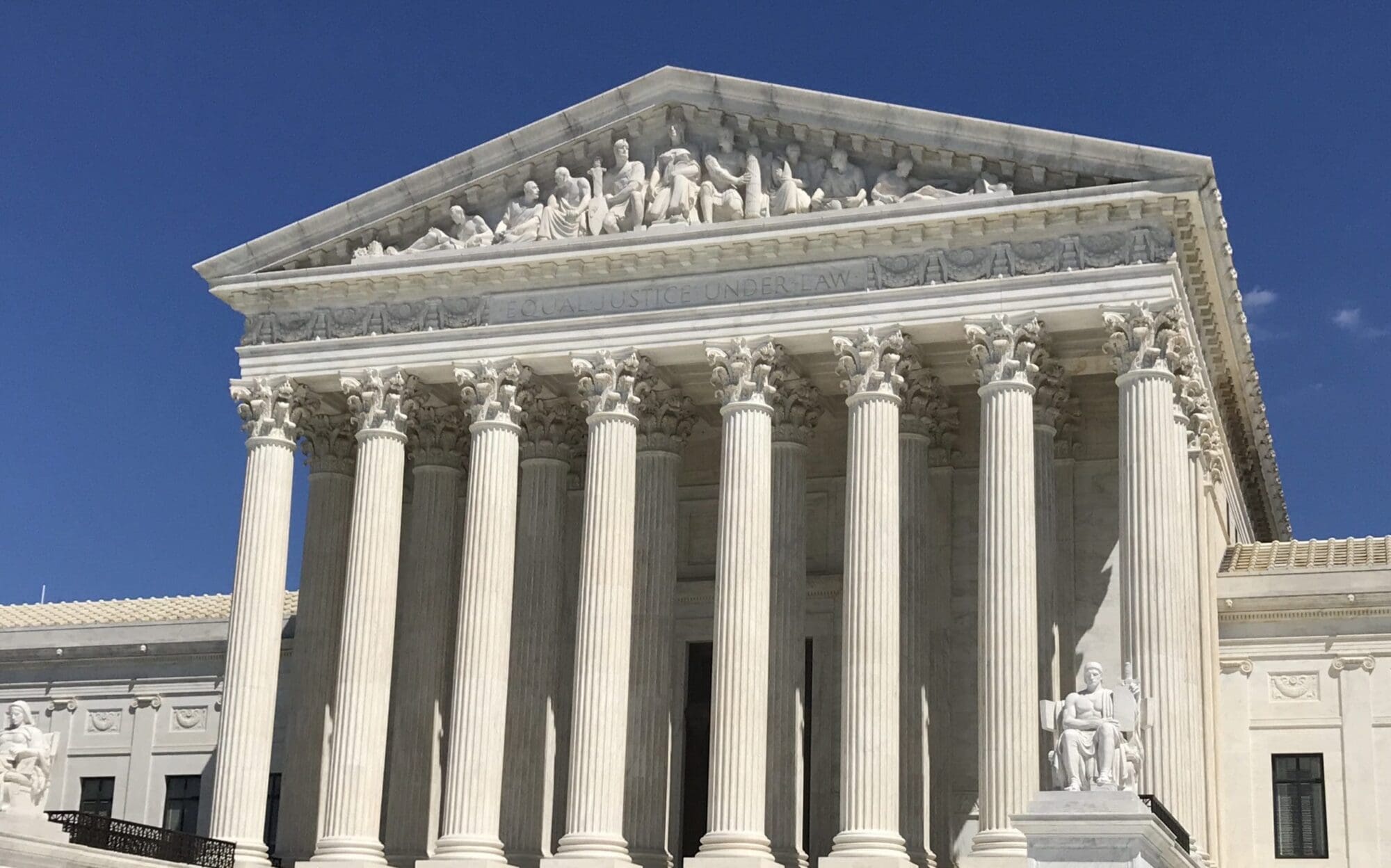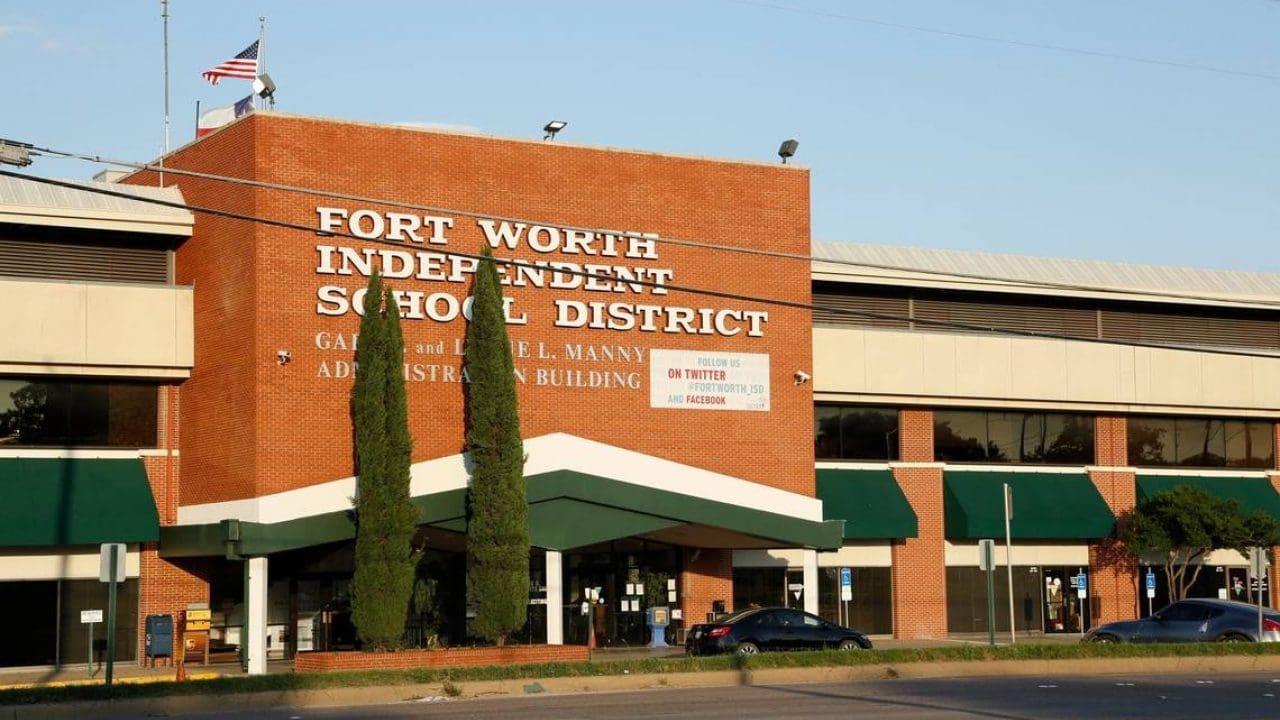This week, a federal judge ruled in favor of allowing children to be exposed to sexual drag performances by declaring a new Texas law unconstitutional.
Senate Bill 12 by State Sen. Bryan Hughes (R–Mineola) would have restricted sexually explicit performances on public property and in the presence of children by making such performance a Class A misdemeanor. Violators of the law would have been subjected to up to $10,000 in fines per offense.
Gov. Greg Abbott signed the legislation into law on June 18, and it was set to go into effect on September 1.
A drag queen and anti-family groups filed a lawsuit against the law.
U.S. District Judge David Hittner—a Reagan appointee—issued a temporary restraining order in favor of the sexualized drag shows earlier this month, labeling the law as “substantially overbroad” and “unconstitutionally vague.”
“But even if SB 12 were not unconstitutionally vague, it would still fail due to it being an impermissible prior restraint on speech,” he stated in the ruling.
On Tuesday, Hittner issued a permanent injunction against the legislation, preventing the law from being enforced.
According to Hittner, drag shows are constitutionally protected as “free speech.”
“Drag shows express a litany of emotions and purposes, from humor and pure entertainment to social commentary on gender roles,” the ruling reads. “There is no doubt that at the bare minimum these performances are meant to be a form of art that is meant to entertain, alone this would warrant some level of First Amendment protection.”
The Court sees no way to read the provisions of SB 12 without concluding that a large amount of constitutionally-protected conduct can and will be wrapped up in the enforcement of SB 12. It is not unreasonable to read SB 12 and conclude that activities such as cheerleading, dancing, live theater, and other common public occurrences could possibly become a civil or criminal violation.
“S.B. 12 attempts to suppress drag artists and the LGBTQIA+ community, and its steep criminal and civil penalties would harm Black and Latinx transgender Texans the most,” said Chloe Kempf, attorney for the American Civil Liberties Union of Texas, one of the plaintiffs.
“As the court recognized, S.B. 12 is also vague, overbroad, and chills entire genres of performances that are not obscene or inappropriate, from high school Shakespearean plays to the Nutcracker ballet to the Dallas Cowboys cheerleaders,” she continued.
Brady Gray, president of Texas Family Project, told Texas Scorecard, “TFP worked with lawmakers this legislative session to protect children within a constitutional framework. We’re committed to defending Texas kids and seeing this activist judge’s decision overturned.”
Texas is not the first state to have a law protecting children from sexually explicit drag shows declared unconstitutional.
In June, laws in both Florida and Tennessee to prevent children from being subjected to drag performances were struck down by federal judges under the guise of “free speech.”
A month later, a law in Montana banning drag story hours for children at public libraries and sexual shows in bars was temporarily put on hold.
Pro-family activists and legislators are not done fighting against the sexualization of children through drag performance exposure, though.
“Surely we can agree that children should be protected from sexually explicit performances,” State Sen. Bryan Hughes posted on X. “That’s what Senate Bill 12 is about. This is a common sense and completely constitutional law, and we look forward to defending it all the way to the Supreme Court if that’s what it takes.”
No ads. No paywalls. No government grants. No corporate masters.
Just real news for real Texans.
Support Texas Scorecard to keep it that way!
